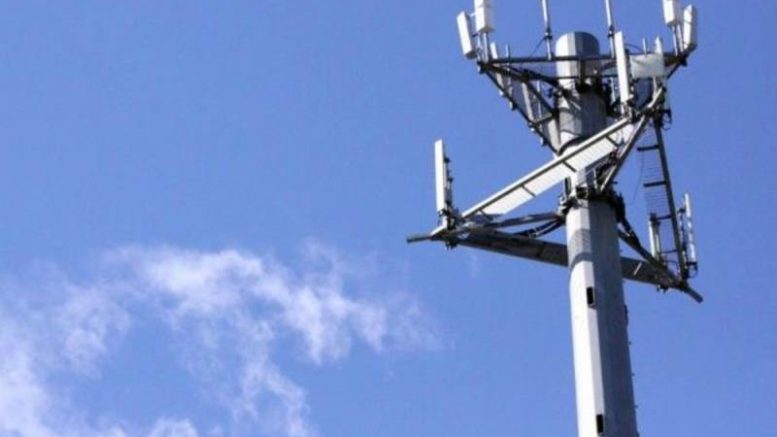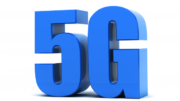Always one step ahead, I guess. After yesterday’s announcement that AT&T is already rolling out call verification, Congress has passed a bill forcing all carriers to… roll out call verification. Way to be on top of that.
The TRACED act
They’re calling it the TRACED act, which stands for Telephone Robocall Abuse Criminal Enforcement and Deterrence Act, according to The Verge. Because, I guess, no law passes unless it has a catchy name. I don’t know.
The point is that this act, regardless of what it’s called, allows for fines of up to $10,000 per robocall in certain cases. It would also require the STIR/SHAKEN protocol to be used by all major carriers.
STIR/SHAKEN, or is it SHAKEN/STIR?
No one seems to have really decided which to call it. But it doesn’t matter. It’s a pair of protocols that work together. Of course these things stand for Secure Telephony Identity Revisited and Signature-based Handling of Asserted Information Using Tokens. Because of course it does.
The point of STIR is to make sure that every call actually comes from the phone you think it does. This isn’t actually very hard, since every phone has a separate identifying number. It’s called the IMEI (International Mobile Equipment Identity) and all the carrier has to do is make sure the number coming through on the caller ID matches the IMEI on file. This would be done before the call goes out to the internet, and every carrier has to do it. That’s sort of the point of the law.
If a carrier doesn’t add a STIR token, that’s where SHAKEN comes in. SHAKEN works to determine where the call came from based on location and other historical factors. It’s not as reliable as STIR but it acts as a backup if STIR doesn’t work.
Whatever they call it…
…and whatever Congress does, I’m in favor. The truth is, anything is better than what we have now. I get about 10-15 robocalls a day and I am already using AT&T’s excellent Call Protect app. It identifies some of them but doesn’t autoblock enough. I’m like you at this point, I rarely answer my phone unless the number is in my contacts.
I just hope robocall relief comes soon. I would have liked it if our government had taken some action earlier but I won’t fault them for being “better late than never.”
On the other hand, I really applaud AT&T for jumping in ahead of all this regulation and starting to verify callers. I haven’t seen any of those green check marks yet but I sure hope to see them soon. I’ll like it even better when my phone gives me the option to send all non-verified callers to voicemail or block them completely. No one is talking about a timeframe for that yet. It does seem like AT&T will be the first one to get there.
If you’re thinking about switching to the network that’s doing the most to block robocalls, call the experts at Signal Connect at 888-233-7563. Our experts can recommend the latest phones and the best service to make sure you suffer from as few robocalls as possible. You might still get one or two, we make no promises, but hopefully the epidemic of robocalls is nearing its end.





